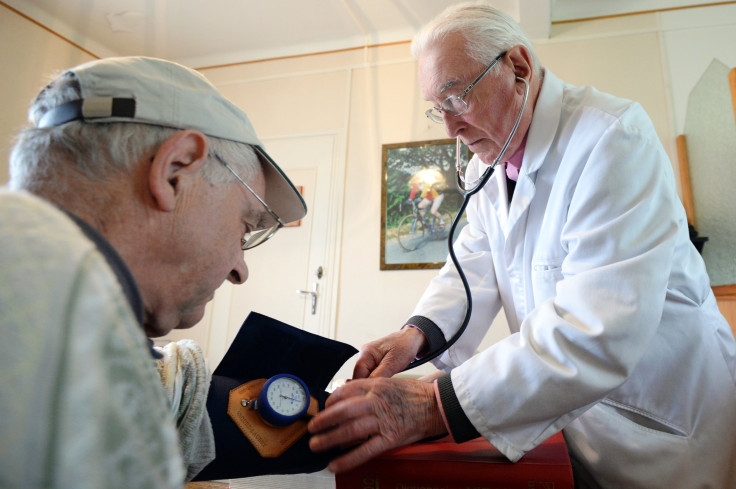Want To Live Longer? Life Extension Drugs On Horizon; How They Work

Imagine taking a pill that could extend your lifespan. This plotline exists in the pages of science fiction novels, but a class of drug that supports healthy aging, known as a senolytic drug, is currently being tested, and if proven safe, could do more than add years to your life. A new study which showed the drugs prevented age-related bone loss in mice has important implications in treating a host of other diseases related to aging, researchers said.
Cells constantly divide, a process that allows us to grow and heal, but as we age, some cells stop dividing and become “senescent.” These cells also emit toxins that contribute to a number of health conditions such as cancer, dementia, and arthritis. The older we are, the more of these senescent cells we accumulate. Enter senolytic drugs.
These drugs are designed to clear away senescent cells while leaving adjacent cells unharmed. According to the research, published online in Nature Medicine, these drugs supported healthy aging in mice and prevented bone loss. Considering that clearing senescent cells improves cardiovascular function and reduces frailty and other issues, this treatment could have important implications for treating not only osteoporosis, but other age-related problems, the authors wrote.
In a related article, the authors also describe a new screening platform to better identify other potential senolytic drugs, which would help us address age-related conditions as a group, instead of one at a time.
"The emerging repertoire of senolytic drugs shows that they are having an impact on a huge range of diseases," said study researcher Dr. James Kirkland in a recent statement. "Our goal is to achieve the same success in humans as we have in preclinical animal models in efforts to prevent or delay the conditions associated with aging."
Moving forward, the researchers would like to further explore the potential of these drugs and figure out optimal drug combinations for the best results. Though "median lifespan" or "healthspan" are difficult endpoints to determine in research, animal trials have given us a good idea of the drugs' potential therapeutic benefits.
This week has been exciting for the study of human aging and lifespan, as a recent Dutch article claimed to have found the “maximum” human lifespan: 115.7 for women, and 114.1 for men, IFL Science reported. This number is based off a study of 75,000 now-deceased Dutch people, and while the researchers admit that people on average are living longer than before, this “ceiling” age still remains unchanged.
The research is controversial, with some researchers arguing that it is possible to live beyond these ages, although rare.
“The evidence points towards no looming limit. At present the balance of the evidence suggests that if there is a limit it is above 120, perhaps much above – and perhaps there is not a limit at all,” Jim Vaupel, a specialist in aging at the Max Planck Institute for Demographic Research in Germany, who wrote a paper criticizing these results, told The Guardian.
Regardless of what the ultimate age may be (or if it even exists), it’s still exciting that something as simple as a pill may help us reach it. The senolytic drugs still need to be tested in human clinical trials, but according to CNN, it may be time to take that leap.
Source: Farr JN, Xu M, Weivoda MM, et al. Targeting cellular senescence prevents age-related bone loss in mice. Nature Medicine. 2017
This article originally appeared in Medical Daily.
Copyright Medical Daily News Service. All rights reserved.





















